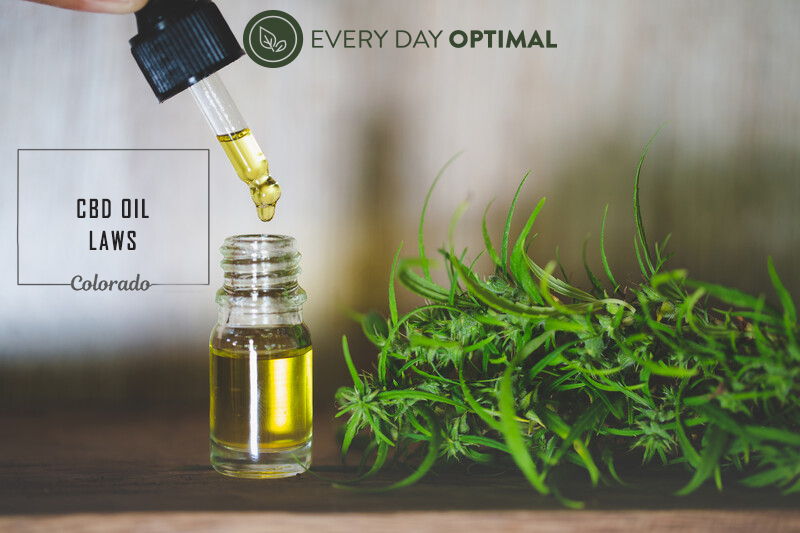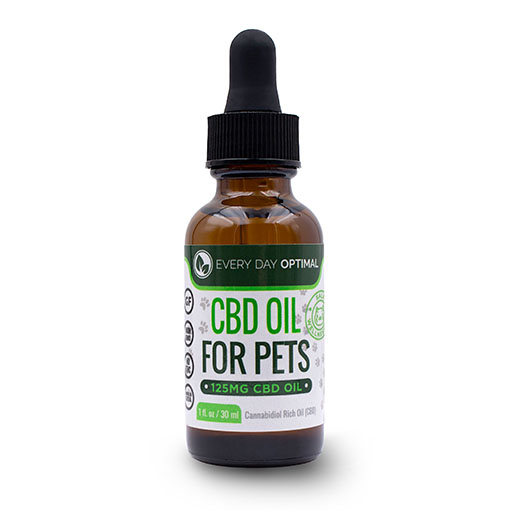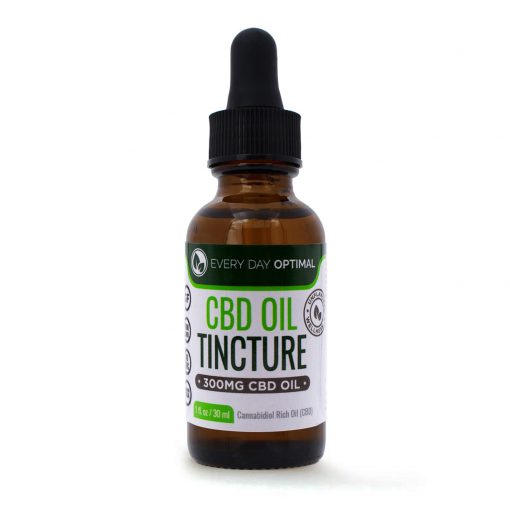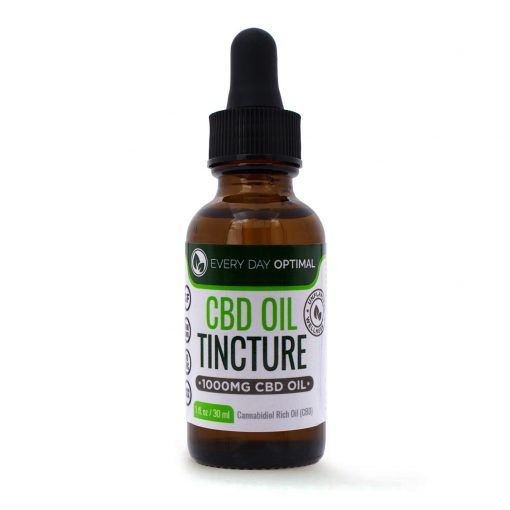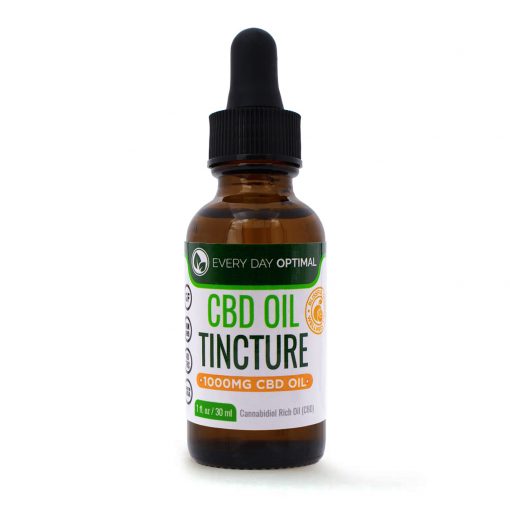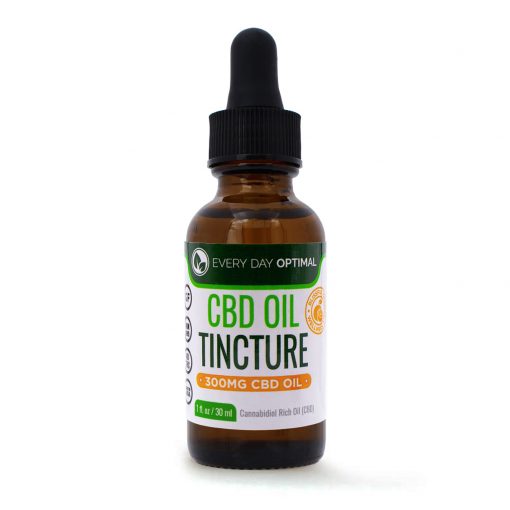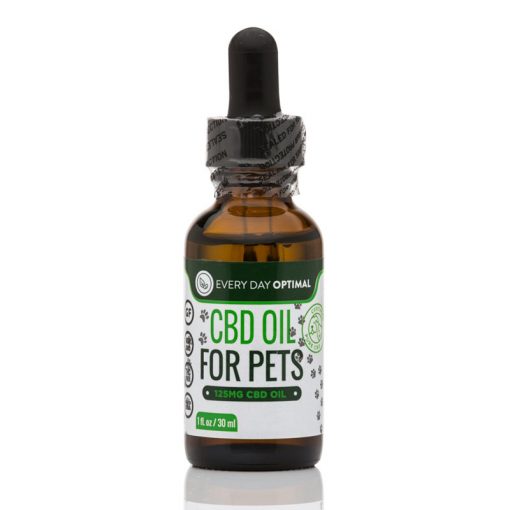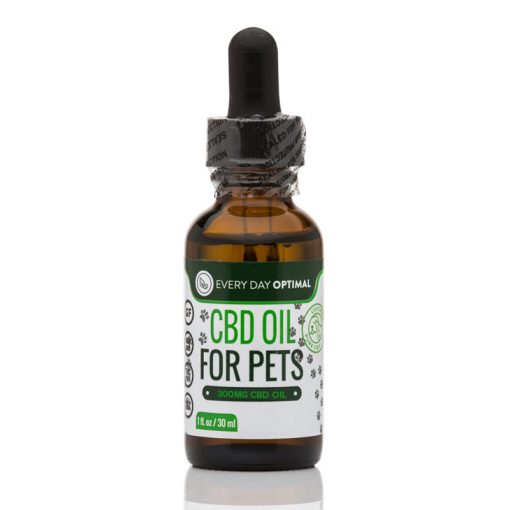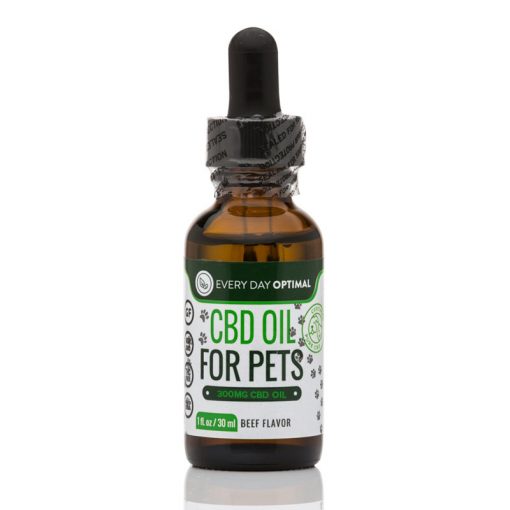No products in the cart.
Table of Contents
Colorado was one of the first states to legalize marijuana, but residents might not know the regulations around hemp-derived CBD. Read on to learn everything you need to know about CBD oil in Colorado.
The Laws and Regulations Around CBD Oil in Colorado
Colorado is known for being marijuana-friendly, but residents might not be fully aware of the laws and regulations surrounding hemp.
Overview
This is an overview of the most recent Colorado state and federal laws surrounding hemp and CBD:
2014: President Obama signed the 2014 Farm Bill which, among other things, allowed for the research of industrial hemp (under certain restrictions).
2017: House Bill 1148 was signed in Colorado. It set rules around commercial hemp cultivation, and added requirements for industrial hemp cultivators’ registration. A few months later, Senate Bill 117 was signed in the state. It confirmed industrial hemp as a recognized agricultural product, and confirmed that those with a water right could use it for hemp cultivation.
2018: House Bill 1295 was passed in Colorado. It established regulations around the sale, processing, manufacturing, and storage of hemp products. It also established that food or cosmetics containing industrial hemp were not adulterated. Later in the year, the 2018 Farm Bill was signed by President Trump. This bill broadened the opportunities for hemp and hemp-derived products on a national level. The 2018 Farm Bill removed hemp from the definition of marijuana, which meant that hemp-derived products (with less than 0.3% THC) lost their status as a Schedule 1 drug.
CBD Laws in Colorado: What They Mean
Not surprisingly, Colorado is one of the friendliest states when it comes to hemp-derived CBD (as well as marijuana and marijuana-derived products). It is legal to buy hemp-derived products in the state, and there is no age limit.
Colorado has concrete regulations around the manufacturing and sale of CBD products. Under House Bill 1295, it defines an industrial hemp product as product containing industrial hemp that “is a cosmetic, food, food additive, or herb” and “is for human use or consumption”. It also established that a hemp product can contain any part of the hemp plant, and that it contains a THC concentration of no more than 0.3%.
The same bill established that manufacturers of industrial hemp products need to register with the Colorado Department of Public Health and Environment. It also created labeling requirements. Products must include an identity statement that indicates what is in the product, a net weight statement, a full list of ingredients, and the company name and address. Additionally, the label needs to state the amount of CBD and whether the product is an isolate. The label can’t contain health claims, and must include a statement claiming the FDA hasn’t evaluated the product.
One factor that makes Colorado particularly friendly towards CBD is its stance on CBD in food. Unlike many other states, Colorado allows for the addition of CBD to food and beverages without them becoming adulterated.
Is CBD Oil Legal in Colorado?
Yes, CBD oil is very much legal in Colorado. The CBD oil laws in Colorado allow for residents to purchase, possess, and use hemp-derived CBD oil. Recreational marijuana is legal in the state as well, so residents also have access to cannabis oil, which has higher levels of THC.
Things to Know When Purchasing CBD in Colorado
Since Colorado has established clear regulations around hemp-derived CBD, residents don’t have to worry about products being mislabelled. That being said, there is a range in quality of products in Colorado. If you are looking for the highest-quality CBD products, you should keep these factors in mind when researching brands.
- Hemp Source: The quality of hemp plays a major part in the final quality of a CBD product. It is vital that a company knows exactly where their hemp is coming from. That way they know the regulations and agricultural practices that go into growing the hemp they use for their products – and can be confident that they are using the best possible plants.
- Extraction Process: The extraction process plays a big part in the quality of the CBD. One method is ethanol extraction. Through this method, the plant is mixed with alcohol, and then the alcohol is evaporated. Typically, this process is less expensive for companies, but can result in less potent CBD. Plus, there can be traces of solvent in the final product. A higher-caliber method is CO2 extraction. With CO2 extraction, a machine uses pressurized carbon dioxide to extract oil from the plant. It leads to a more potent CBD that isn’t at risk of containing traces of solvent.
- Third-Party Testing: Colorado residents should make sure the company they are interested in puts their products through third-party testing. That way, they can ensure the correct amount of CBD is in the product, and that no harmful elements are in the formula.
For high-quality CBD products, look no further than Every Day Optimal. We source our hemp from industry leading farmers in the US. We also use a CO2 extraction method to extract our CBD. All products go through a third-party testing process to ensure quality and dose accuracy. Plus, we have over 1200 glowing reviews from customers who love our range of hemp-derived CBD products.
Colorado Cannabidiol
Are you looking to use CBD oil in Colorado? You can find an abundance of high-quality options here at Every Day Optimal. We have top of the line CBD oil tinctures that range from 300 to 10,000mg, so you’ll easily find an option that works for your needs. You can easily buy your CBD product on our website and have it shipped right to your door.
FAQ
How much CBD oil can you purchase at once (or one time) in Colorado?
There isn’t a limit on how much hemp-derived CBD oil you can purchase at once in Colorado, although certain retailers may have their own limitations on how much a customer can buy.
Do you need a special license to purchase CBD in Colorado?
No, you do not need a license to purchase CBD in Colorado.
Is it legal to sell CBD in Colorado?
Yes, it is legal to sell hemp-derived CBD in Colorado. It is also legal to sell marijuana-derived products in the state.
Where can you buy CBD in Colorado?
You can purchase CBD products from online retailers or at licensed brick-and-mortar stores (including gas stations, grocery stores, and dispensaries).
Related:
CBD Laws Overview- All States | CBD Oil California | CBD Oil Connecticut
Google Maps Generator by https://edocbd.com/cbd-oil-colorado/

